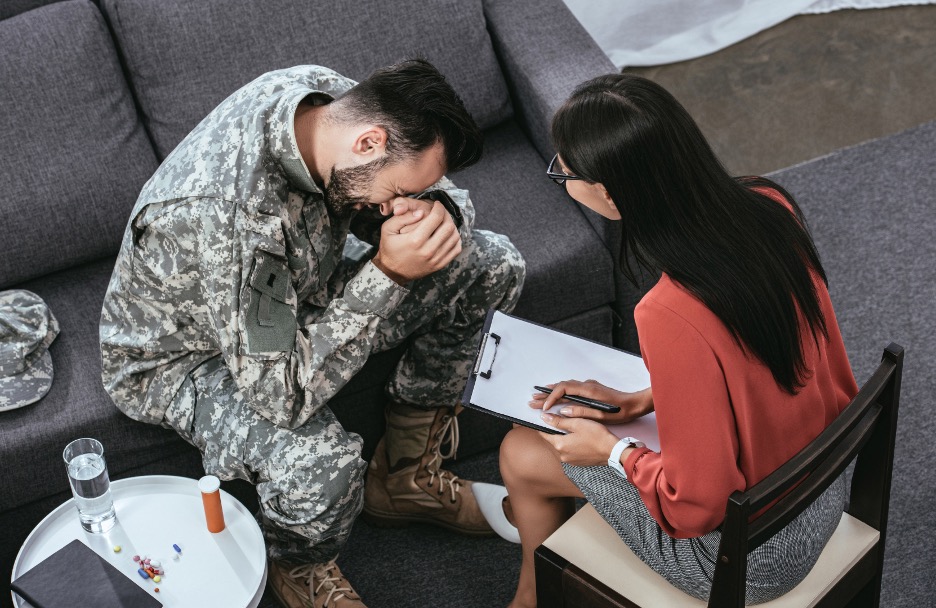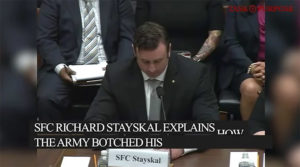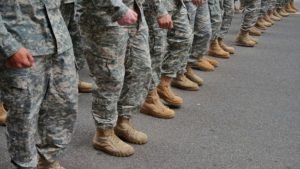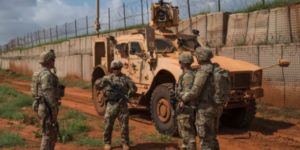Understanding the Importance of Witness Testimonies in Military Medical Malpractice
In military medical malpractice cases, gathering strong evidence is crucial to building a successful claim. One of the most valuable forms of evidence is witness testimony, which can provide insights into the circumstances surrounding the alleged malpractice. Whether the witnesses are healthcare professionals, fellow military personnel, or family members, their accounts can be pivotal in establishing liability and proving the extent of harm caused.
Witness testimonies are particularly critical in military cases, where medical procedures and protocols might differ from civilian practices. Military personnel often experience unique medical treatments due to the nature of their service, and understanding these nuances requires specialized knowledge. As a result, the process of gathering testimonies can be more complex and requires a strategic approach.
Who Can Serve as a Witness in Military Medical Malpractice Cases?
When gathering witness testimonies, it’s important to identify individuals who can provide relevant and reliable information. Here are the types of witnesses commonly involved in military medical malpractice cases:
- Medical Staff: Nurses, doctors, and other healthcare providers who were involved in or witnessed the treatment in question can offer expert insights. Their testimonies can clarify whether proper procedures were followed or if negligence occurred.
- Fellow Service Members: Military personnel who were present during the incident or aware of the victim’s condition before and after the medical treatment can provide context about the events and their impact on the victim.
- Family Members: Relatives who have observed changes in the victim’s health or quality of life can provide emotional testimonies. They can detail how the malpractice has affected the victim and their family, which can be persuasive to a judge or jury.
- Expert Witnesses: In cases where specialized medical knowledge is required, expert witnesses such as civilian doctors or retired military healthcare providers can explain complex medical issues and assess whether the standard of care was met.
Steps for Gathering Effective Witness Testimonies
The process of collecting witness testimonies in a military medical malpractice case involves several steps. By following these steps, you can ensure that the testimonies gathered are both credible and useful for supporting your case.
Step 1: Identify Potential Witnesses
Start by creating a list of individuals who may have relevant information about the case. Review medical records, incident reports, and any documentation related to the alleged malpractice to identify those who were involved or witnessed the events. Speak with the victim and their family members to see if they can suggest any potential witnesses.
Step 2: Schedule Interviews with Witnesses
Once potential witnesses are identified, the next step is to reach out to them and request interviews. In military cases, coordinating with witnesses can be challenging due to potential restrictions on their availability or location. Be mindful of their schedules and offer flexible interview options, such as video calls or phone interviews, to accommodate any constraints.
Step 3: Prepare Questions for the Witnesses
It’s essential to approach each interview with a clear set of questions tailored to the witness’s role and knowledge of the case. Avoid leading questions, as they can compromise the credibility of the testimony. Instead, ask open-ended questions that encourage witnesses to share their accounts in their own words.
For instance:
- “Can you describe what you observed during the treatment?”
- “Did you notice anything unusual about the medical procedures?”
- “How did the victim’s condition appear before and after the incident?”
Step 4: Record and Document Testimonies
Recording witness testimonies accurately is crucial for presenting them as evidence. If the witness agrees, record the interview to capture their words verbatim. Always take thorough notes during each session, documenting key points and any relevant details that can strengthen your case.
If possible, have the witness sign a written statement summarizing their testimony. This not only validates their account but also serves as a reliable reference in case their availability becomes an issue later in the legal process.
Step 5: Verify the Credibility of Witnesses
In military medical malpractice cases, the credibility of witnesses can significantly influence the case’s outcome. Verify the credentials and background of medical staff and expert witnesses to ensure their statements are trustworthy. For fellow service members and family members, assess their relationship to the victim and their proximity to the events. Witnesses with close personal or professional ties to the incident are often more credible.
Step 6: Collaborate with Legal and Medical Experts
Military medical malpractice cases require a blend of legal and medical expertise. Work closely with your legal team and medical experts to evaluate the collected testimonies. Medical experts can help interpret medical terminology, while legal experts can ensure that testimonies align with legal standards.
In cases where witnesses are hesitant to speak up due to fear of repercussions, a legal professional can guide them through the protections available under the law. This support can help encourage witnesses to provide honest, detailed testimonies without fear of retaliation.
Challenges in Gathering Witness Testimonies for Military Medical Malpractice Cases
Collecting witness testimonies in military medical malpractice cases comes with unique challenges. Some of these challenges include:
- Confidentiality Concerns: Military regulations may restrict the release of certain medical information, making it difficult to obtain detailed testimonies.
- Availability of Witnesses: Military personnel are often deployed or have restricted availability, which can complicate scheduling interviews and collecting statements.
- Jurisdictional Limitations: Legal proceedings involving military personnel may be subject to specific jurisdictional rules that differ from civilian malpractice cases.
Tips for Overcoming These Challenges
To address these challenges, it’s essential to work with professionals who have experience in military law and medical malpractice. Legal teams specializing in military medical cases can help navigate confidentiality issues and jurisdictional restrictions. Additionally, maintaining open communication with witnesses and providing them with the necessary legal protections can increase their willingness to testify.
Finalizing and Presenting Witness Testimonies in Court
Once you’ve gathered and verified witness testimonies, the final step is presenting them effectively in court. Organize the testimonies in a way that clearly demonstrates the sequence of events and highlights key points of negligence or misconduct. Working with your legal team, prepare the witnesses for potential cross-examination to ensure they are comfortable and confident in their testimonies.
Conclusion:
If you or a loved one has been a victim of military medical malpractice, gathering strong witness testimonies can significantly bolster your case. At Khawam Ripka LLC, we understand the complexities involved in military medical malpractice cases and have the expertise to guide you through every step of the process. Our team of dedicated attorneys is here to help you navigate the legal landscape and secure the justice you deserve.
Contact us at Khawam Ripka LLC today for a consultation and let us help you build a strong case based on solid evidence and reliable witness testimonies. Don’t let the complexities of military medical malpractice deter you from seeking justice—reach out to us, and we’ll stand by your side every step of the way

 Call Now- Open 24/7
Call Now- Open 24/7





